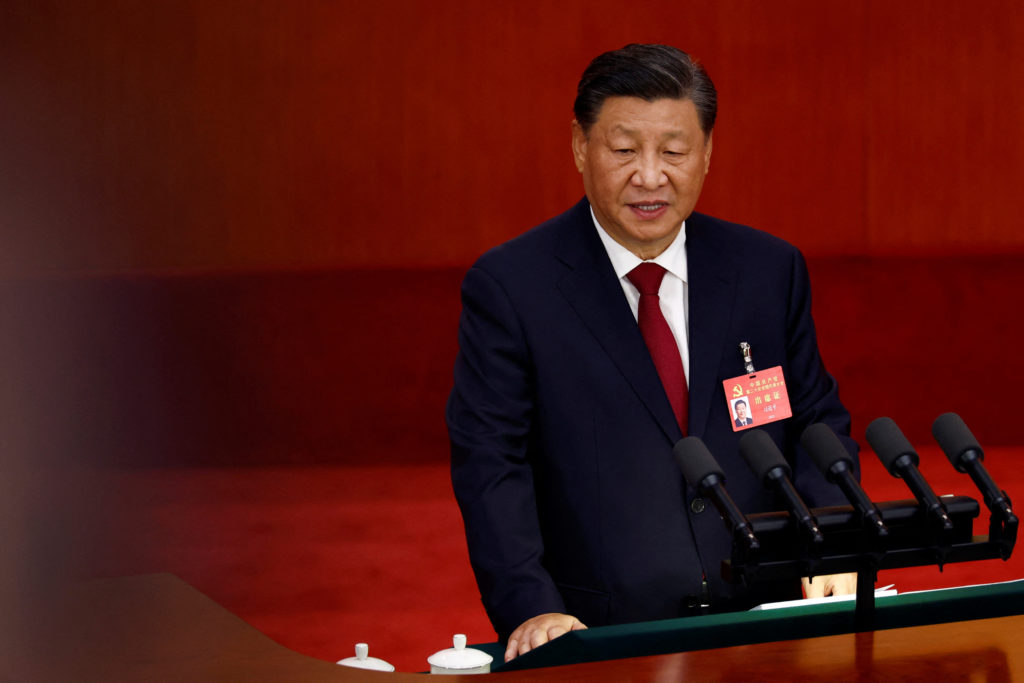Already a subscriber? Make sure to log into your account before viewing this content. You can access your account by hitting the “login” button on the top right corner. Still unable to see the content after signing in? Make sure your card on file is up-to-date.
China has officially barred its technology companies from purchasing Nvidia’s artificial intelligence chips over national security concerns.
Getting into it: The directive came from the Cyberspace Administration of China (CAC), the country’s powerful internet regulator, which instructed major firms (including ByteDance, Alibaba, and Baidu) to halt testing and cancel orders of Nvidia’s RTX Pro 6000D, a chip specifically designed for the Chinese market. Chinese regulators have cited national security and technological self-reliance as primary reasons for the decision, stressing that domestic alternatives are now sufficient to meet the country’s AI development needs.

This latest move follows a series of escalating restrictions by both the US and China aimed at controlling access to high-performance AI chips. Previously, the US had banned exports of Nvidia’s most advanced processors, prompting Nvidia to develop lower-powered versions like the H20 and RTX Pro 6000D to comply with US rules. But in recent weeks, Chinese regulators determined that chips developed by local companies (including those from Huawei, Cambricon, and Baidu) now match or exceed the performance of the restricted Nvidia models. That assessment has emboldened China to push forward with eliminating dependency on American chipmakers altogether.
Chinese officials are now making a concerted effort to steer the country’s tech ecosystem toward homegrown solutions. The CAC has reportedly questioned companies about their continued use of foreign chips and has demanded justification for purchasing them over domestic alternatives. In parallel, Beijing has convened meetings with local chipmakers to evaluate production capacity and set targets for dramatically increasing AI chip output in the coming year, with the ultimate goal of replacing Nvidia’s footprint entirely in the Chinese market.
Nvidia CEO Jensen Huang expressed disappointment at the news, calling the development “disheartening” but acknowledging the broader geopolitical realities at play. Speaking from London, Huang said, “We can only be in service of a market if the country wants us to be.” He added that Nvidia has served the Chinese market for over three decades and emphasized the company’s continued willingness to support both Chinese and US partners as the two superpowers navigate an increasingly fractured tech landscape.







